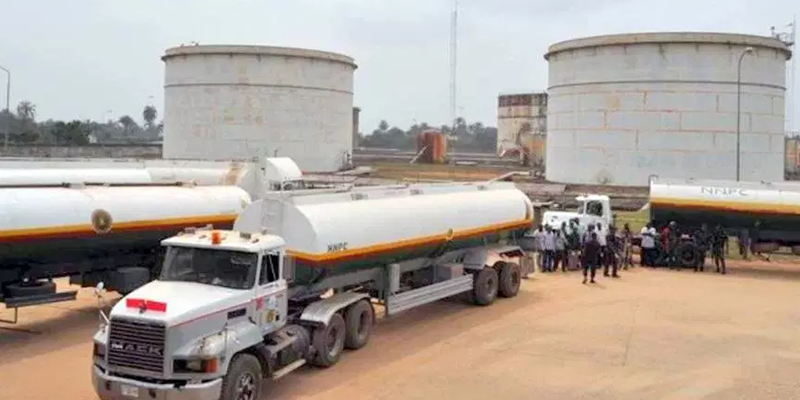The Association of Distributors and Transporters of Petroleum Products (ADITOP) has publicly distanced itself from a planned nationwide strike by the Nigeria Union of Petroleum and Natural Gas Workers (NUPENG). NUPENG had announced its intention to strike, citing concerns over alleged anti-labor practices related to the Dangote Refinery’s deployment of new compressed natural gas (CNG) powered trucks for direct distribution of petroleum products. This direct distribution model, championed by Dangote, aims to streamline the supply chain, reduce logistics costs, improve energy efficiency, and contribute to overall economic growth in Nigeria. ADITOP, however, expressed strong support for Dangote’s initiative, arguing that it would bring much-needed stability and efficiency to the petroleum products distribution sector while also creating jobs and fostering new skill development.
ADITOP’s National President, Alhaji Lawan Dan-Zaki, characterized NUPENG’s planned strike as unwarranted and disruptive. He emphasized ADITOP’s commitment to ensuring uninterrupted distribution of petroleum products across the country and pledged their full support for any distribution model that prioritizes seamless delivery to consumers and promotes economic progress. Dan-Zaki highlighted the potential of Dangote’s approach to not only sanitize the industry but also stabilize both supply and distribution channels, ultimately benefiting both consumers and the Nigerian economy.
The core issue at stake revolves around the Dangote Refinery’s innovative approach to petroleum product distribution. By deploying a fleet of CNG-powered trucks, the refinery bypasses the traditional distribution network, delivering products directly to end-users. This strategy, while offering significant economic and environmental advantages, poses a potential threat to existing stakeholders in the distribution chain, including NUPENG members. NUPENG’s concerns stem from the potential displacement of their members due to this new distribution model, leading them to characterize it as an anti-labor practice.
ADITOP, on the other hand, views Dangote’s strategy as a positive disruption with the potential to revolutionize the petroleum distribution landscape in Nigeria. Their support for the initiative underscores a belief in the long-term benefits of modernization, efficiency, and direct consumer access. The clash between NUPENG and ADITOP highlights the complex interplay between innovation, economic development, and labor interests in a rapidly evolving sector.
The situation also highlights the broader challenges faced by the Nigerian petroleum industry. These include infrastructure limitations, inefficiencies in the existing supply chain, and the need for sustainable and environmentally friendly practices. Dangote’s adoption of CNG-powered trucks and the direct distribution model represents a potential shift towards addressing these challenges, promising both economic and environmental benefits. However, navigating the transition requires careful consideration of the impact on existing stakeholders and the development of strategies to mitigate potential job displacement.
The divergence in perspectives between NUPENG and ADITOP underscores the necessity for a balanced approach to industry transformation. While embracing innovation and efficiency, it’s crucial to address the concerns of existing stakeholders and ensure a just transition for workers potentially affected by new technologies and business models. Open dialogue and collaboration between all parties, including government regulators, are essential to achieving a sustainable and equitable outcome for the Nigerian petroleum industry.


